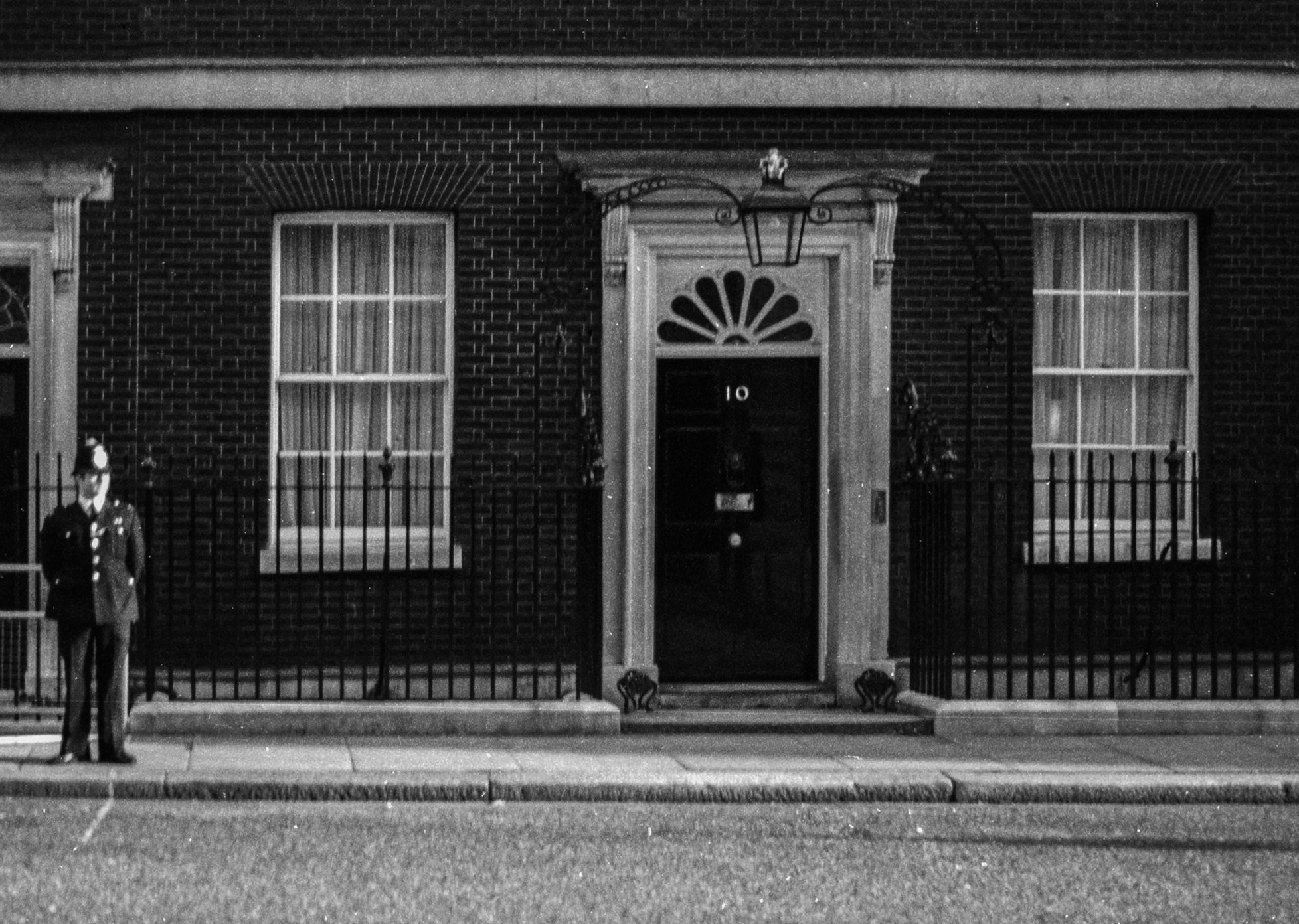The Liberal politician Joseph Chamberlain is recorded in 1886 as having said: “In politics, there is no use in looking beyond the next fortnight.” Fast forward to 1964 and this myopic political horizon was halved by Labour’s Harold Wilson: “A week is a long time in politics”. Into the 21st century and we see political careers turning in mere hours. Let us also be reminded of this from the Tory-turned Ulster Unionist Enoch Powell, “All political lives, unless they are cut off in midstream at a happy juncture, end in failure, because that is the nature of politics and human affairs.” One can interpret ‘midstream at a happy juncture’ rather morbidly. As for ‘human affairs’, this sashays perfectly to the very soon to be ex-premier.
Now political change/shock only interests me if I expect it to induce a meaningful change/shock in economic trajectory. So the question is, ‘Is the end of the Johnson era the beginning of an entirely new one for the UK economy?’ The answer will, of course, depend on one’s starting point and expectation of policy inflections. Depend, that is, on one’s judgement of the direction the UK economy was heading in advance (sic) of this, latest, political pantomime and judgement of what the new Chancellor will do fiscally. Before I turn to my prognosis, let me summarise received ‘wisdom’.
Egged on by BoE group-think, consensus has it that the UK economy is heading for stagflation; a morass into which it would all the more sink because of a nasty trade war with its erstwhile EU partners – a dispute triggered because the man who agreed to the NI protocol then chose to break it. To be clear, I have no expectation the new PM will be any less confrontational over the NIP than the last. I continue, however, to see this game of chicken between the UK and EU coming to an 11th-hour compromise, where the NIP is interpreted not to its strict letter, but peaceful spirit. In so far as being proven wrong, then I would expect the pound to weaken and so shock-absorb tariffs.
As for the new regime performing an entirely new fiscal policy from the old, I would argue that any difference will be nuanced. A generous car scrappage scheme always certain, the cash handed over for clunkers more generous for British-made brands, so driving the upsurge in UK auto making, helping the levelling-up agenda. In terms of who happens to be Chancellor in the new regime, I will say only this – if the present Chancellor becomes PM, then we should not be surprised if the former Chancellor returns to that role. Then again, we should not be surprised if these roles are reversed.
As for General Elections, my expectations remain focused on May 2024, by which time recent events will have become the distant past. More generally I will repeat what I have stubbornly but confidently maintained: the UK economy will continue to defy its naysayers and deliver strong labour and property market performances. To those who doubt as much I ask only this: please judge me in 18 months, drawing upon evidence proving I was wrong, rather than decry me advance in the absence of such.








